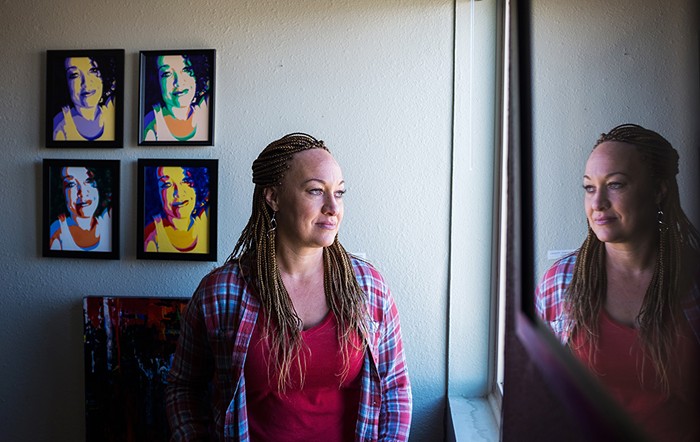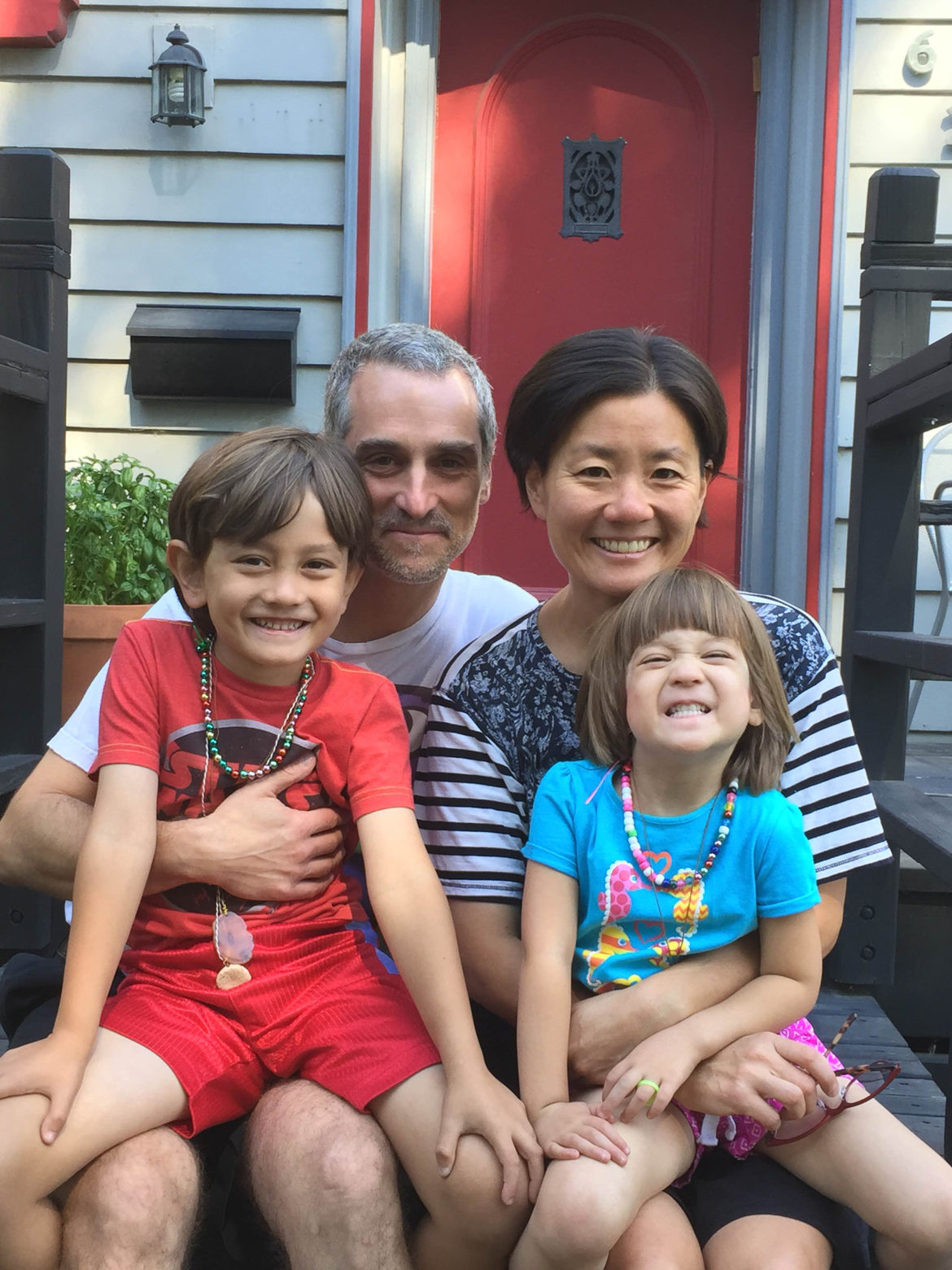Greek, black and proud: the village in Greece with African roots: The African origins of a rural community in ThracePosted in Anthropology, Articles, Europe, History, Media Archive on 2017-04-19 17:27Z by Steven |
EnetEnglish: Greek Independent Press
2014-02-19
 Ogun Sabri and Merve Sabri, two residents of the Thracian village of Avato (Photos: Ilhan Efendi; Montage: Eleftherotypia) |
The village of Avato, in the northeastern prefecture of Xanthi, is home to a unique community whose ancestors are believed to have come to Greece from Sudan during Ottoman rule
“What are you looking for, young woman? the village shepherd asks. He’s got African looks but speaks in the local accent, a combination that would surprise anyone who accidentally wandered into Avato, a village 26km south of Xanthi, a city in northeastern Greece.
There, away from the eyes of the world, live the black Greeks of Thrace, whose ancestors came to the country during Ottoman rule as slaves of local beys (or governors).
Now Greek citizens, they are confused about their origins. Some believe that their ancestors came to the country as British mercenaries during the first world war. The roots of an entire village is a small detail in the sum of world history…
…‘Only in Avato’
“Wherever else you go, you won’t find black people. No where else in Thrace will you find us; only in Avato. In the past, there were some in the surrounding villages. Now there are four families left. The village was was the seat of the bey, so that’s why the blacks are here. I heard from the old people, from my late father, that our village was once a marsh. So that’s why it’s called Avato [meaning “inviolate” or “untrodden”]. My dad was black. Very black!” says the owner of the cafe, Rasim Raim (55), whose countenance and blue eyes suggests he’s of a mixed background.
“My mother was from the Caucasus, my grandfather from Sudan. That’s all I know,” he says. “I asked my father – he said that during the first world war, they brought in mercenaries to fight. And some stayed. I should have recorded it on tape, so I’d have the story. Because all that will be forgotten soon.”…
Read the entire article here.







